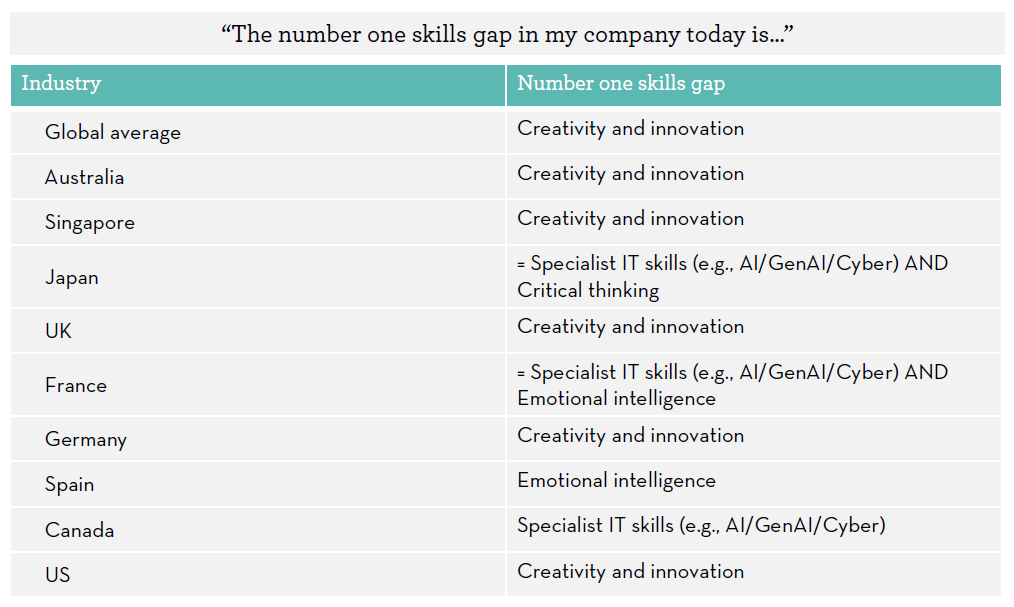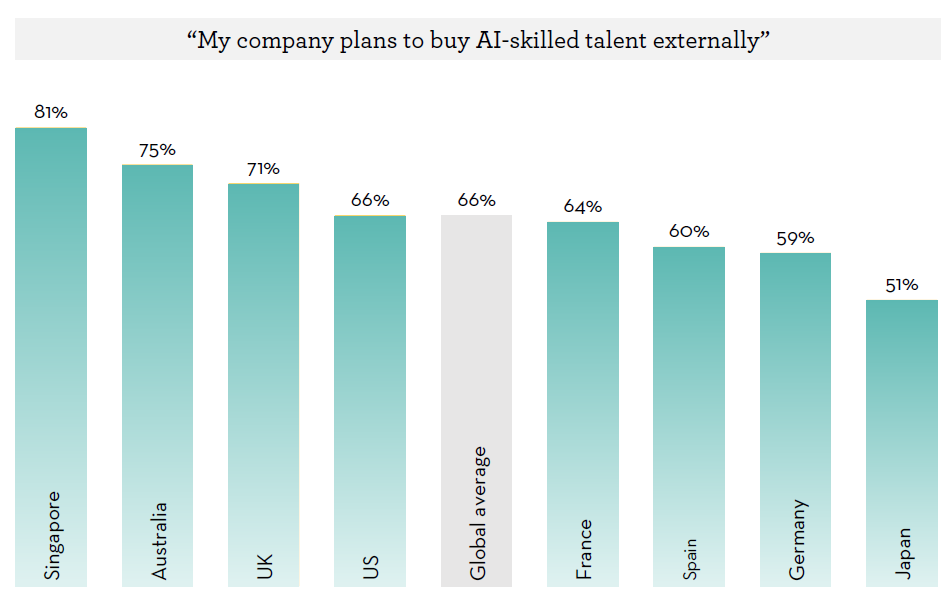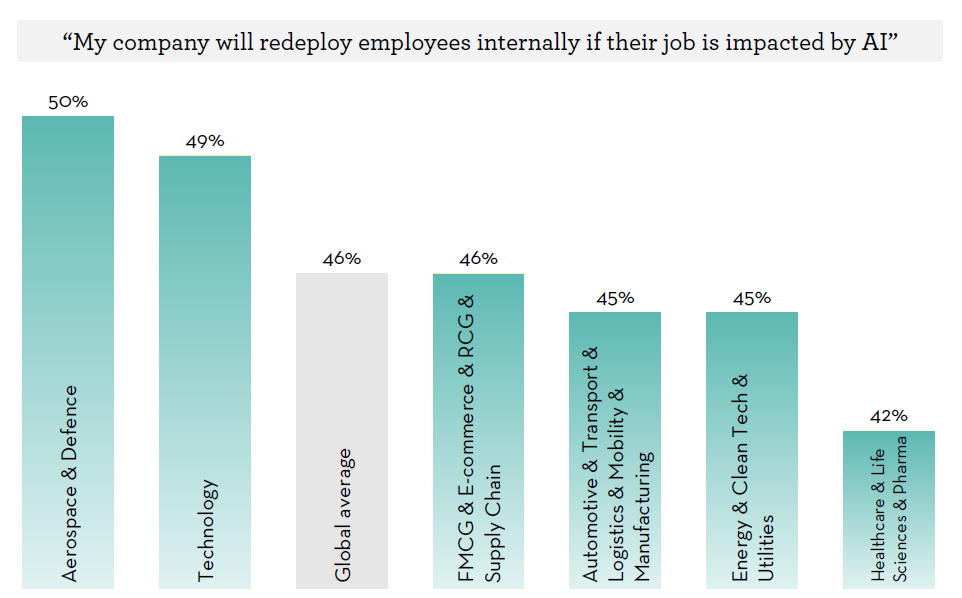
What About You?
A Primer to Combat GenAI Anxiety
Automation doesn’t discriminate. Sooner than later, automation will affect every existing job regardless of blue-collar, white-collar, or anything in-between.
Be prepared for drastic and rapid change.
Mohit Joshi, the former president of Infosys, a technology and consulting firm with a raft of mega clients like Daimler Mercedes-Benz, Bank of America, Goldman Sachs, Johnson & Johnson, IBM, Lockheed Martin, and Accenture, had this experience with his high-power clients looking to lower headcount, increase productivity, and to please shareholders. “People are looking to achieve very big numbers. Earlier they had incremental, 5 to 10 percent goals in reducing their workforce,” explained Joshi. “Now they’re saying, ʻWhy can’t we do it with 1 percent of the people we have?’”
Indeed, every company will try for the same goals using genAI.
Dealing with disquieting news
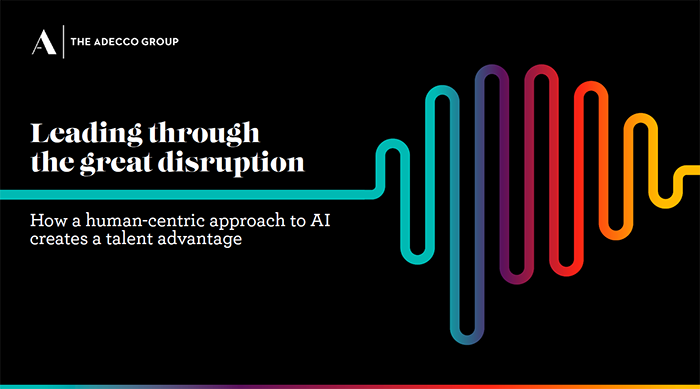
From SeekingAlpha commenting on a workplace survey by Adecco
Leaders plan to recruit generative AI (genAI) tech talent rather than train internally
Companies are far more confident about building soft skills than technology skills.
Only one-third plan to train their current workforce to fill digital and technology skills gaps and yet tech skills are set to impact every role.
Upskilling is vital to ensure no worker is left behind.
Percentages may not total 100 due to rounding. Demand for talent could be why 72% of business leaders say pay for AI-related roles is likely to increase in the next 12 months, compared with 67% for white-collar and 51% for blue-collar roles.
GenAI looks to cut workforces
And worse, the survey found 41% of companies expect fewer people employed at their organization in five years due to AI and generative AI. What’s more, only 46% of employers plan to redeploy workers internally if their jobs are displaced by AI.
So, if that is correct, then no matter how long you are at a job or how well you did it, if AI displaces you, you’re gone.
According to the survey, these same companies are doing the following: The survey found 66% plan to hire AI-skilled talent, while only 34% plan to build skills internally. The strategy might not be sustainable and will create a “buy” mindset that will inflate wages.
Got genAI skills, even nascent ones? That’s the way out!
The survey finds that many leaders don’t have a clear understanding of the disruption that lies ahead. “Responsible, human-centric talent strategies will be paramount to manage growing pains and build the right workforce for success, all while creating opportunities for personal growth.”
Got a halfway creative mind? We all do. Then learn to prompt. That’s the front door to genAI’s capabilities…and your new future.
Charts from the survey:
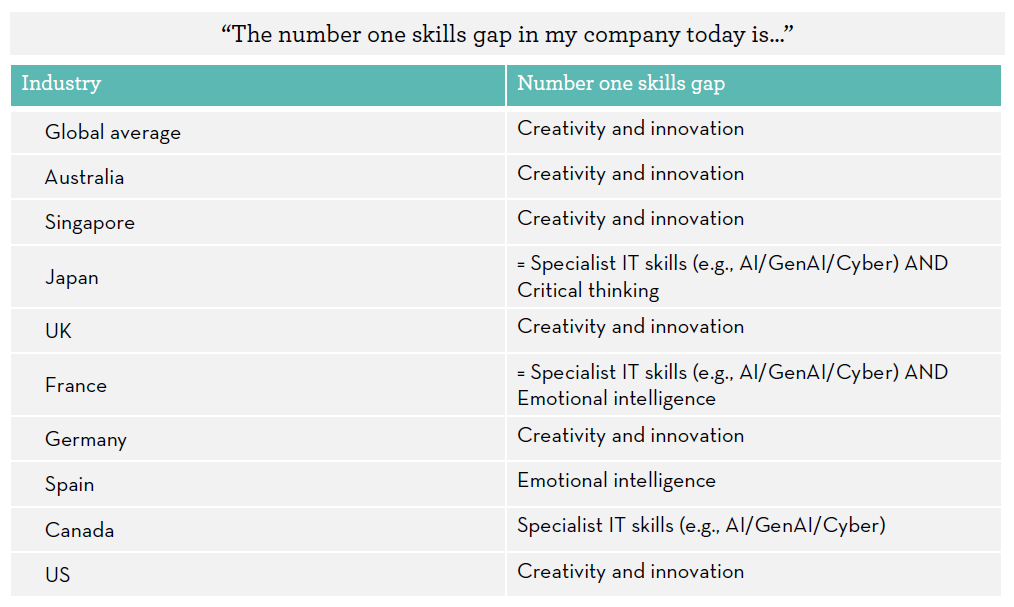
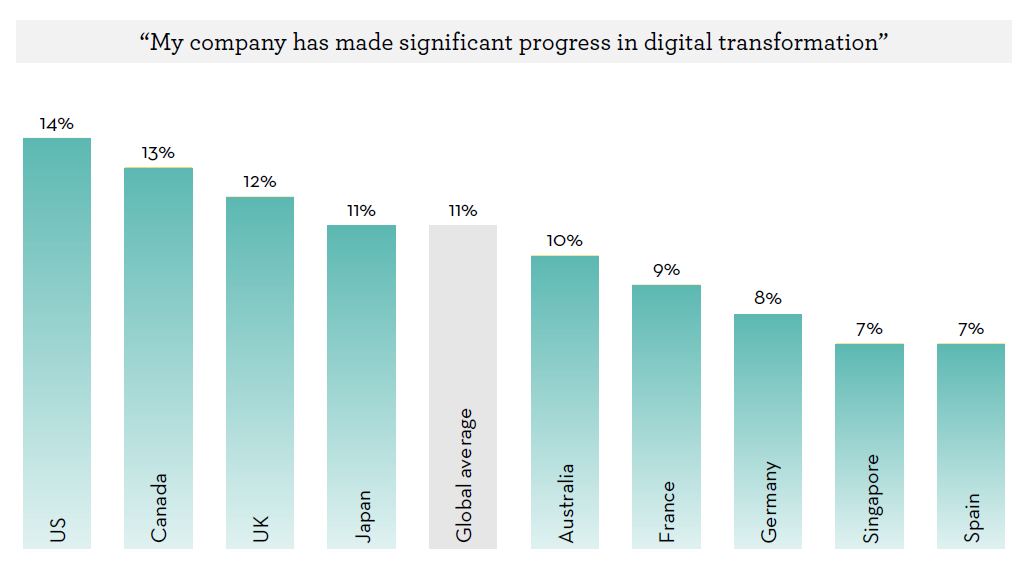
- The AI-Enabled ICT Workforce Consortium is led by Cisco and joined by Accenture, Eightfold, Google, IBM, Indeed, Intel, Microsoft, and SAP. It will assess AI’s impact on technology jobs and identify skills development pathways for the roles most likely to be affected by artificial intelligence.
- The formation of the Consortium is catalyzed by the work of the U.S.-EU Trade and Technology Council Talent for Growth Task Force, Cisco Chair and CEO Chuck Robbins’ participation in the Task Force, and input from the U.S. Department of Commerce.
- Advisors include the American Federation of Labor and Congress of Industrial Organizations, CHAIN5, Communications Workers of America, DIGITALEUROPE, the European Vocational Training Association, Khan Academy, and SMEUnited.
– Cisco to train 25 million people with cybersecurity and digital skills by 2032.
– IBM to skill 30 million individuals by 2030 in digital skills, including 2 million in AI.
– Intel to empower more than 30 million people with AI skills for current and future jobs by 2030.
– Microsoft to train and certify 10 million people from underserved communities with in-demand digital skills for jobs and livelihood opportunities in the digital economy by 2025.
– SAP to upskill two million people worldwide by 2025.
– Google has recently announced EUR 25 million in funding to support AI training and skills for people across Europe.

